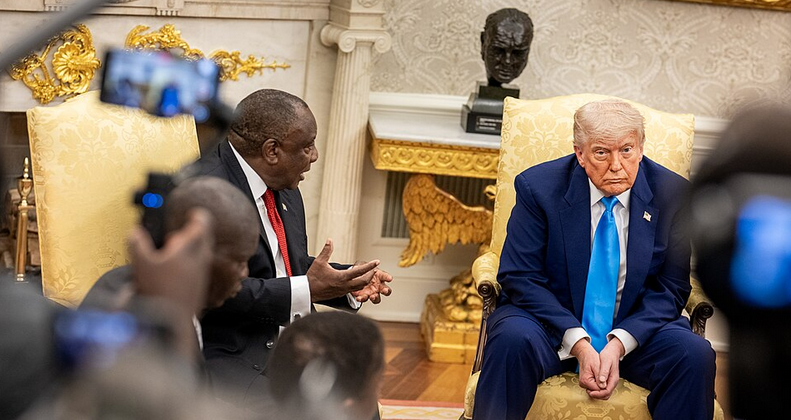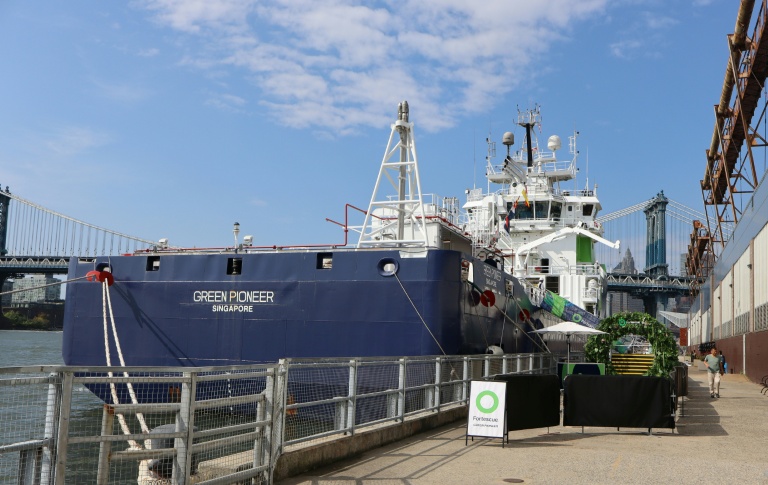The banking sector, which makes up a third of the local market, lacked direction, with CBA up 0.1 per cent and ANZ up 0.2 per cent while NAB shed 0.3 per cent and Westpac dropped 0.6 per cent. Shares in Southern Cross Media slumped 6.2 per cent as some large investors slammed its board for entering a merger deal with Kerry Stokes’ Seven West Media, in which they have no say. Seven’s shares closed unchanged. Both gained strongly on Tuesday after the deal was announced. The lifters While BHP was in the crosshairs, other miners finished higher, with BHP’s biggest rivals Fortescue and Rio Tinto up 1.4 per cent and 0.5 per cent, respectively. Gold miner Northern Star Resources was also up, gaining 0.8 per cent. Gold reached a new all-time high as the US began a government shutdown, threatening upheaval including delays to key economic data releases. The rise came as the White House instructed government agencies to “execute their plans for an orderly shutdown” — the first in seven years.
Defence technology firm DroneShield, which supplies counter-done equipment, soared another 23 per cent, taking its gains over the past week to 62 per cent. European defence ministers agreed on Friday to develop a “drone wall” along their borders with Russia and Ukraine to better detect, track and intercept drones violating Europe’s airspace. Utilities were led higher by a 4.3 per cent jump in AGL shares. Gas pipeline operator APA Group added 1 per cent while Origin Energy slipped 0.2 per cent. Industrial stocks also advanced, led by a 1.3 per cent in pallet supplier Brambles. The lowdown Iron ore is Australia’s most valuable export product, so it was no wonder that the news on BHP – China’s third-biggest supplier of the steel-making metal behind Rio Tinto and Brazil’s Vale – was front of mind for investors during Wednesday’s session. The momentary Chinese ban on BHP cargoes – disputed by Chinese commodity market pricing firm MySteel – followed several meetings between the company and state-owned China Mineral Resources Group since late last week that failed to produce results, sources told Bloomberg.
Prime Minister Anthony Albanese said he was “concerned” about the news. “I want to see Australian iron ore to be able to be exported to China without hindrance,” he told reporters in Sydney. Loading Treasurer Jim Chalmers said he would arrange a meeting with BHP chief executive Mike Henry to discuss the Chinese trade, but said that “ultimately, though, they are about the commercial arrangements between two companies and so in one respect, a matter for the company to work through.” While BHP declined to comment, market watchers were looking for a speedy resolve of the issue. “Given the size of BHP’s exports and the importance of China as a seaborne iron ore buyer, we think both parties are likely to be equally motivated to resolve the dispute,” Morgan Stanley wrote.
While battling the iron ore headwinds, the mining giant is extending its push into other commodities. BHP said on Wednesday it will spend $840 million to bolster its Olympic Dam underground copper project in South Australia, as it seeks to ramp up production of the key electrical wiring metal. The losses on the ASX came after Wall Street coasted to a strong finish for September on Tuesday, with investors shrugging off the looming shutdown of the US federal government. The S&P 500 rose 0.4 per cent to close out its fifth straight winning month. The Dow Jones Industrial Average gained 0.2 per cent to set its own all-time high, and the Nasdaq composite ticked 0.3 per cent higher. History has shown that past shutdowns have had limited impact on the economy and stock market, and many economists and professional investors expect something similar this time around. The S&P 500 has climbed an average of 4.4 per cent during past shutdowns, according to Monica Guerra, head of US policy at Morgan Stanley Wealth Management.
[SRC] https://www.smh.com.au/business/markets/asx-set-to-dip-wall-street-lower-as-shutdown-threat-looms-china-blow-for-bhp-20251001-p5mz4f.html
 Visit the website
Visit the website






